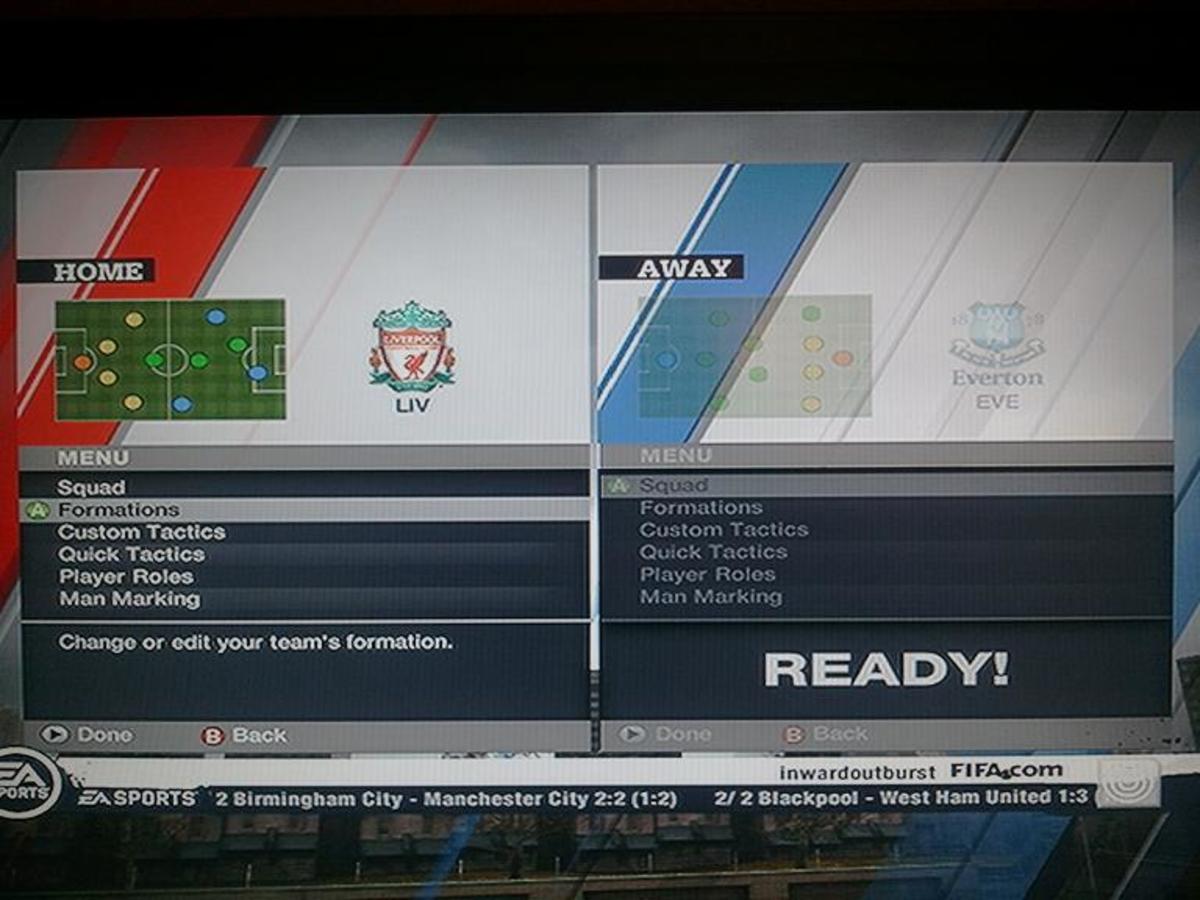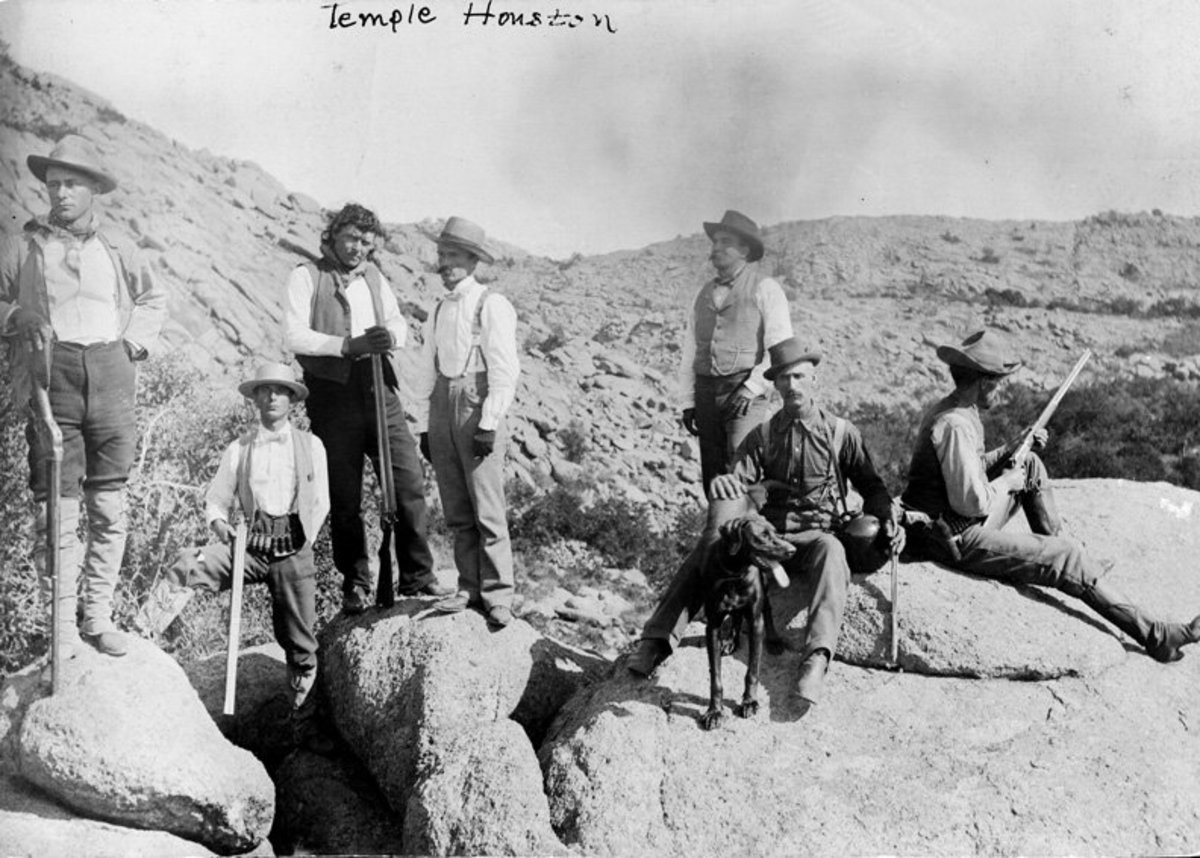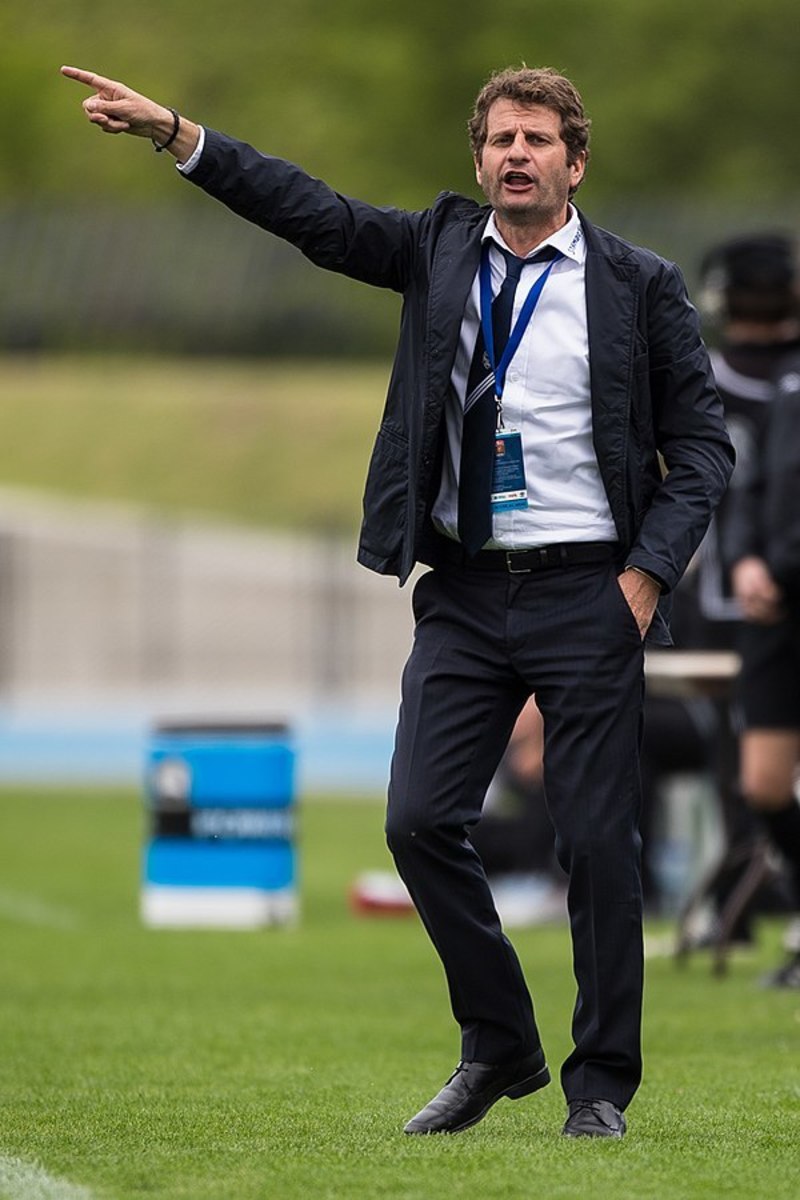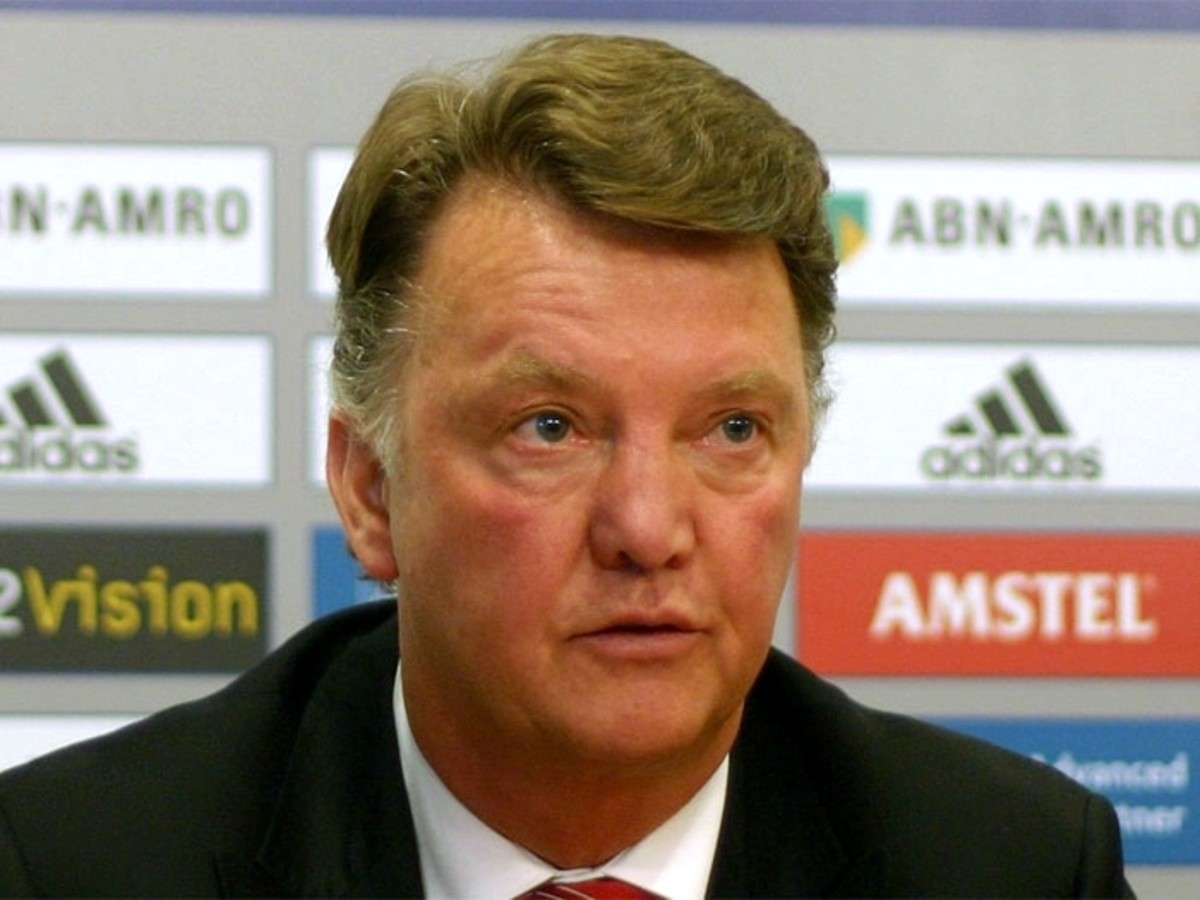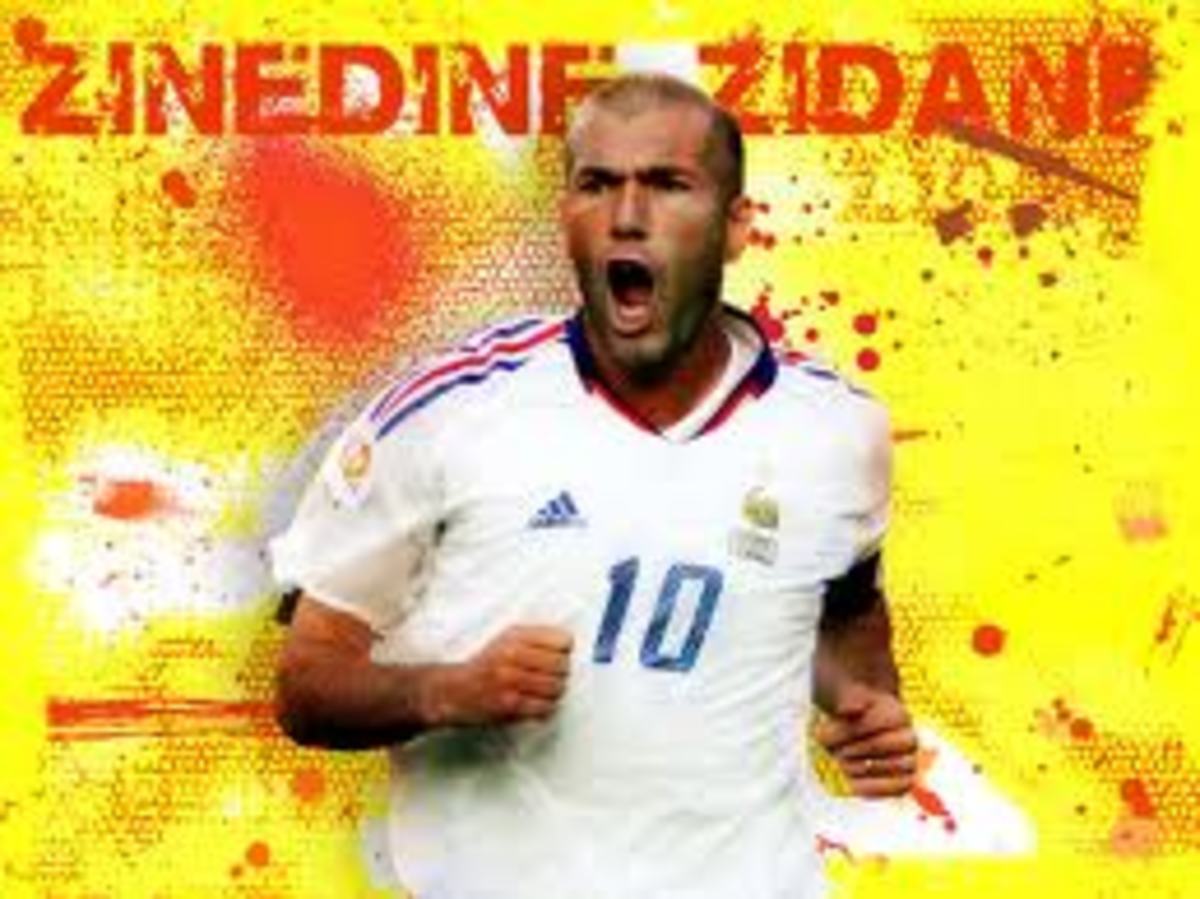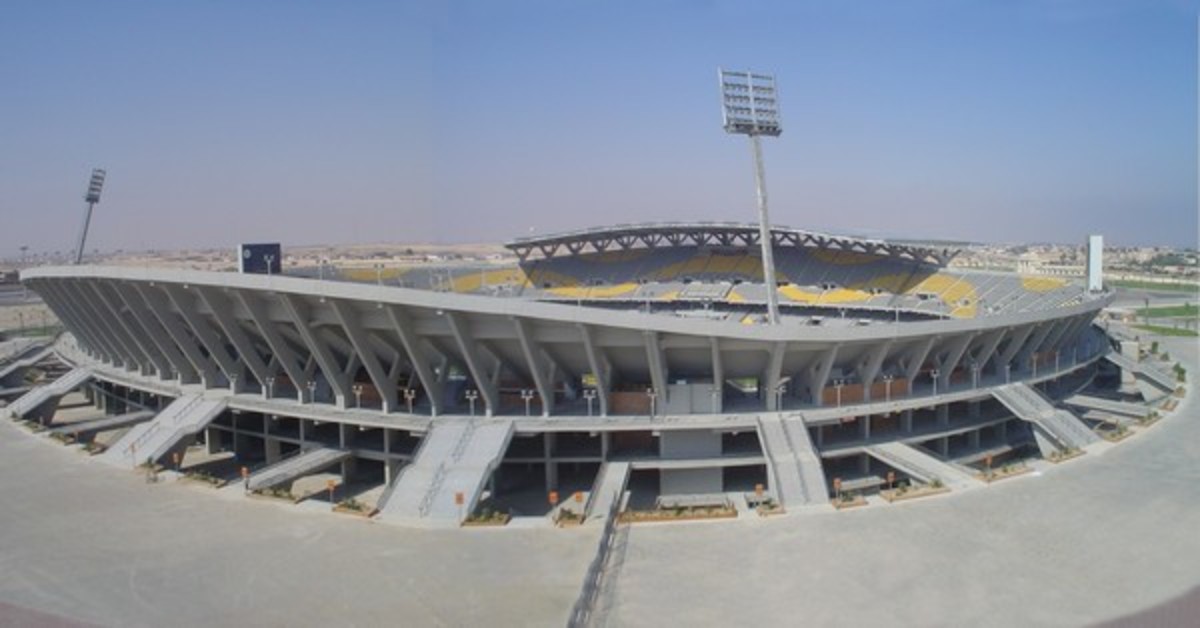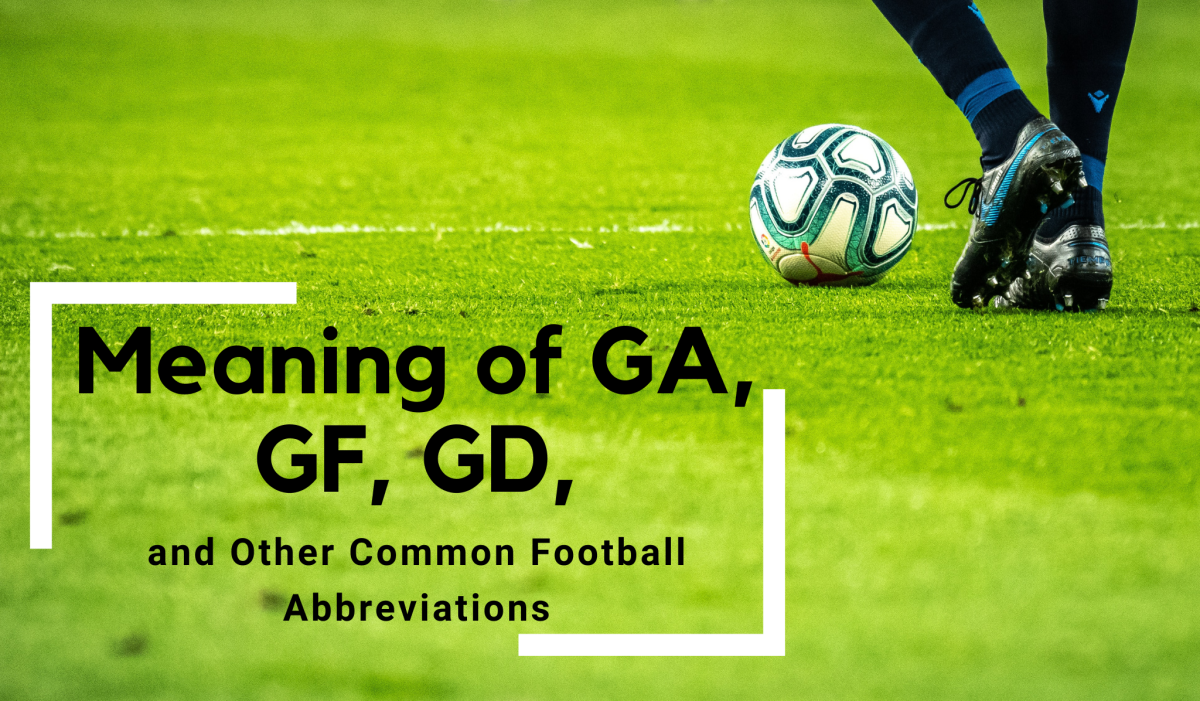Six Years Of Ed - Part 4
Mourin-Oh!
United fans everywhere collectively hoped that this was it – the moment that Ed got things right. It must be - Mourinho was, once again, the best man for the job at the time and a serial winner. Ed didn’t even have to consult his football card collection; everyone has heard of Jose Mourinho. His desire to manage Manchester United was well known – once famously buttering up United fans after his Real Madrid side dumped us out of the Champion’s League in Fergie’s last season, where he described the match by saying “the better side lost” during a TV interview.
This was Woodward’s big chance to put everything right. Having already shirked his responsibility in naming Fergie’s successor, and blowing a golden opportunity to implement a long-term development plan whilst Giggs was at the helm as caretaker, surely this would be the point where he learned his lesson about what was needed to conduct United as a competitive football club?
Going into the transfer window that summer, Ed was more cautious with the spending. Understandably so after the huge outlay given to Van Gaal. With Mourinho’s appointment the rebuild process started again. And every time it did, it started from further away than where we should have been. In a parallel universe somewhere United were winning trophies under the leadership of whoever it was Fergie should have picked instead of Moyes (ironically, probably Mourinho, who could have steered that title-winning side to another league trophy with his eyes closed had he inherited that squad). In this reality, we were still fighting to get back to the standard we were at on the ninth of May, 2013.
To a squad that was beginning to look like it had been selected via a tombola, Mourinho added Ibrahimovic, Mkhytarian, Eric Bailly and Paul Pogba as part of a plan he had submitted to Ed Woodward prior to his appointment about how he intended to get United back on top.
The squad already resembled some kind of Frankenstein’s monster before Jose got involved, with players who had been around since the days of Fergie playing alongside Fellaini and Mata, Moyes’ two signings, as well as the addition of Van Gaal’s many purchases. You could not say that this squad represented the style (or filoshofee) of any one manager. Instead, the squad looked exactly like what it was – a completely scattergun approach to transfer dealings overseen by Woodward.
What was needed, and what was evident from the second Rio, Evra and Vidic left, was a total rebuild of the squad under the guidance of a long-term manager who could wield the same kind of power Fergie enjoyed. Someone who the club would back to the hilt, who had the power of life and death over a player’s United career. Someone who could be relied upon to eventually get it all right and make us a winning side again.
Instead, we got an enormous spend on one player with a perceived high marketability that ate the majority of the transfer budget up, leaving us with just two players actually purchased that window (Ibrahimovic came on a free transfer). There have been questions raised about who actually sanctioned Pogba’s transfer, a player who Fergie had famously sent on his way, saying:
“It’s a bit disappointing because I don’t think he showed us any respect at all. To be honest, if they carry on that way, I’m quite happy that he’s away, from me, anyway.”
Whether Pogba was Mourinho’s call or not, the decision to limit spending in that window to just three players again saw us starting the season without sufficiently strengthening in midfield and defence, two areas that had been identified as needing work by, well, everybody. We were being outstripped by City and Liverpool in the transfer market – both clubs with established, long-term strategies geared up around generating success on the pitch. Both clubs operating a policy of identifying potential talent, negotiating reasonable fees, and moving on players that weren’t successful at a minimal loss.
United’s transfer policy seemed to be throwing money at big names to add to an already bloated and incoherent squad, making do with what we have if the replacement doesn't seem marketable, giving players long contracts on huge weekly wages and just hoping for the best.
Ed had learned nothing from the previous three years.

